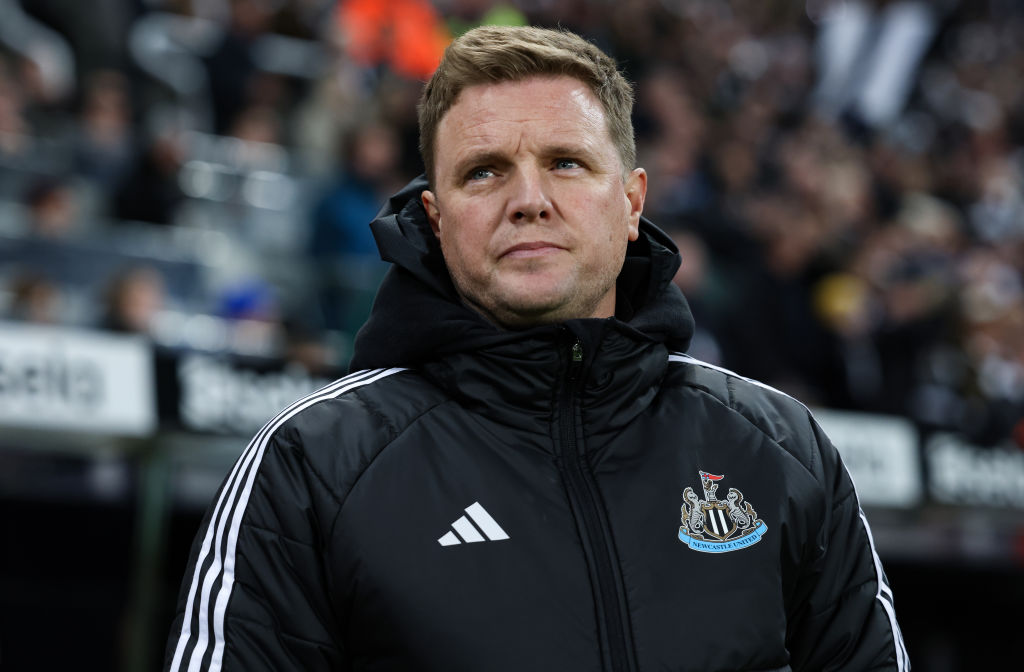Sean Dyche: 'My managerial education has probably cost more than a Masters'
The Premier League's new Mr. Nice Guy has the unenviable task of keeping Burnley up this season, but tells Richard Edwards that being an underdog is what he does best...
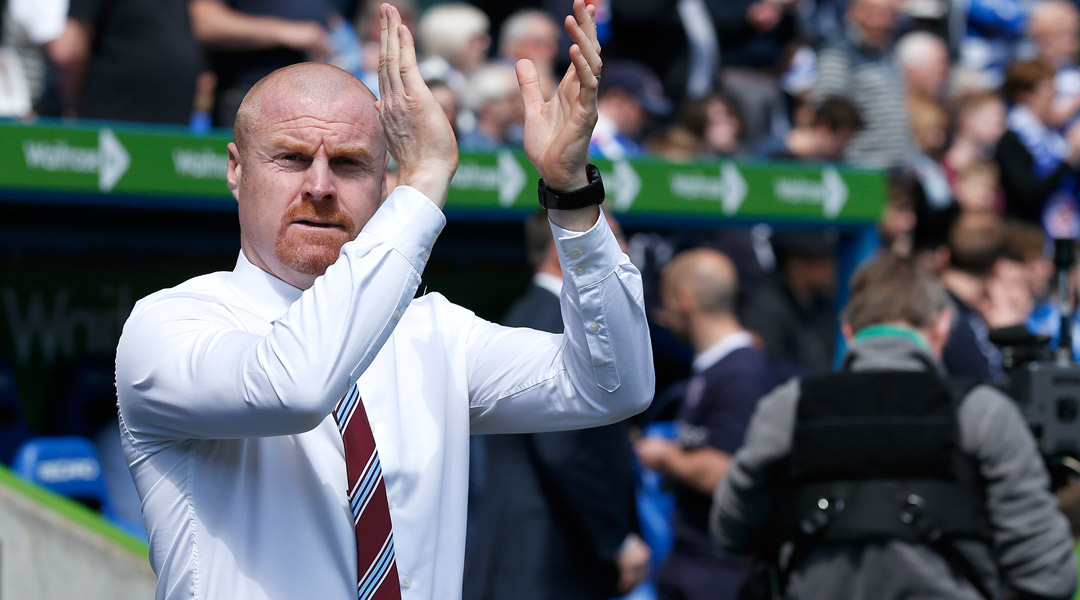
It’s Chelsea first up, Sean – do you like your ‘Ginger Mourinho’ tag?
It’s a bit of banter, really. There are stories that I don’t like it, which is absolutely untrue by the way. I’m not bothered with it either way. The reality is that there are so many top-class managers in the Premier League and it’s like anything – you want to pit your wits against the best. Arguably the Premier League is the best league in the world and to have the chance to manage in that is fantastic, no matter who it’s against.
How has the summer been?
I have got away with the family but there were a million phone calls. That said, it’s what I’ve known all my life. I’ve been involved with football since I left school and whether you’re a player, a manager or a coach there’s always something on your mind about what comes next. Whether you’re aligning players with or without money, you’ve still got to get a team. There are always trials and tribulation no matter what position you’re in.
How hard is it to build a squad by bringing in players who will, potentially, replace the ones that got you promoted in the first place?
Get FourFourTwo Newsletter
The best features, fun and footballing quizzes, straight to your inbox every week.
It’s slightly more simple for us. We’ve got such a small squad that we need players full stop. Forget about whether you’re trying to replace players, that’s irrelevant for us. The players have done great and they’ll still have the chance purely on the fact that we haven’t got massive numbers. Some teams get promoted with a squad of 25 first-team players. Out of our squad of 23, really, realistically there were 17 or 18 runners and riders. There were a few youngsters among that, so bringing in players has been a necessity, rather than worrying about replacing the ones that we have got.
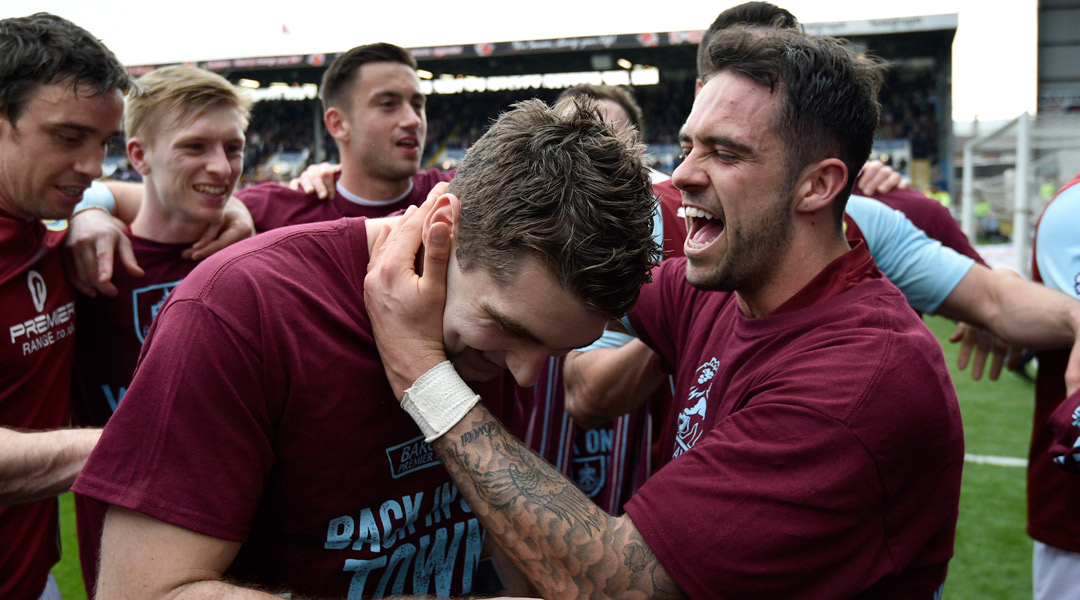
Has the money been burning a hole in your pocket?
Money’s helpful, for sure, and never more so than in the modern game, but it doesn’t guarantee you anything. You look at teams through history and they haven’t all been built on money. It helps; there’s no two ways about it because it gives you more freedom to get the highest quality players that you can, but there are no guarantees. Last season there were teams with vast amounts of money compared to us but we really focused on what we had rather than what we didn't have. There’s no point to the opposite.
Did you expect to be a Premier League manager this time last year?
I’m not pompous enough to think that ‘oh yeah, we were always going to get promoted’ but I’m not surprised at the advancement we made as a group. If you had asked me at the start of [last] season whether we could compete, I would have said ‘yes, realistically we would be looking mid-table upwards’. To think that we were going to get promoted with two games to go, be beaten twice at home with the best away record in years and the best start too, then no, I wasn’t sure we were capable of that.
How important is it to make Turf Moor a fortress again?
The fans have a part to play in making that positive atmosphere because it definitely helps players. I think Turf Moor became a really tough place. People forget that we only lost twice in a season there, and to be honest there were probably extenuating circumstances in both defeats – we could have gone a whole season without losing there. We’re not naive enough to think that we can go into the Premier League and think that just because we had good home form last year, we can recreate that. We know the challenge gets harder.
Do you feel the weight of history on your shoulders there?
There’s a rich history at the club. It has a massive history, but it’s not a massive club. There’s only so many resources that the club can call upon in terms of backing from the board. That was a reality that came into the club last year, and I felt it was hugely important in our journey. The supporters came out last summer when we sold Charlie Austin but we told them the reasons. We said that we couldn’t keep losing money and that the club needed to be protected. That calmed everybody down. For sure the club were very big back in their 60s pomp. You have to enjoy that history and hopefully we’ve come some way to achieving that kind of feel, but there’s a reality in the modern game. The modern game has moved on considerably, and to go against some of the superpowers now will be a big challenge. I think everyone is aware of that.
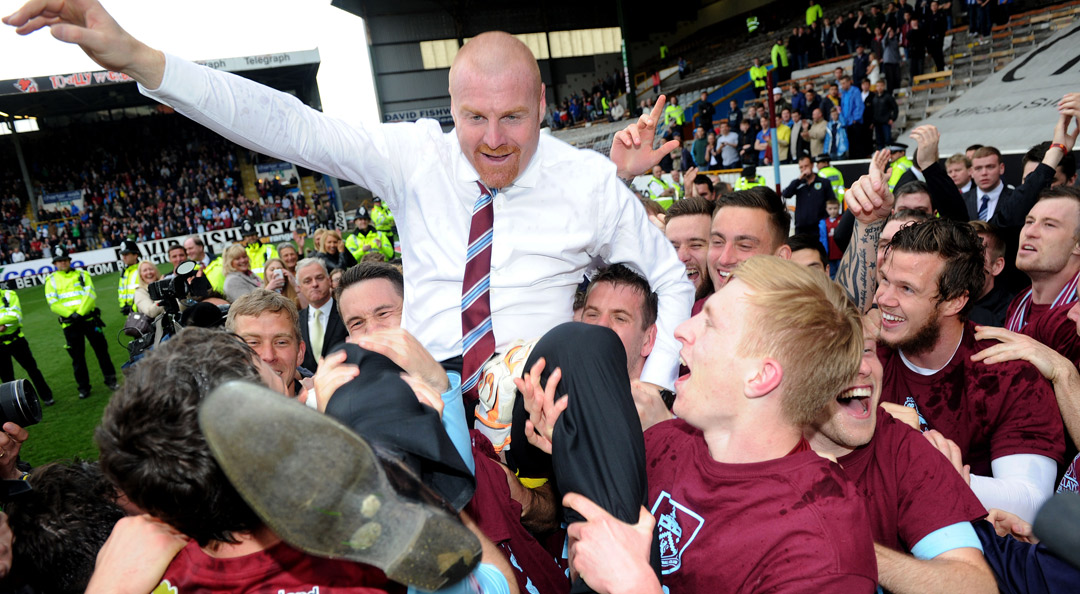
How important is it that the money from this season is spent in the right way?
The balance is to move the club forward on and off the pitch. The finances that come with the Premier League means that there’s a chance to set it up for the future – well, not set it up, because it’s already a good club – but to advance it. Of course, we have to find that balance to still get the players in so we can compete. Some managers will get every penny they can and just throw it at the team, but I think that the money has to be used wisely. The focus and attention needs to be in balance with the long-term future.
When you were sacked by Watford in 2005, did you fear for your future?
You can’t guarantee that you’ll get a job. I think my staff and I had shown at Watford that as a young manager I had something to offer, because the challenges there were even harder than at Burnley. At the time our budget was bottom three, so to finish 11th was a real good marker. I was very fortunate that I had job offers within a week from League One and League Two, but I just felt I had something to offer in the Championship.
Fancy a crack at the England job in the future?
Oh, wow. You can’t start saying things like that, I’m three years into my journey as a manager. I’ve had a lot of experiences in those three years; I’ve been sacked, I’ve been reinstated, I’ve shifted the mentality of a club on and off the pitch and got the reward for that with promotion. You can’t take football for granted, though, it waits for no one. The game moves forward and you have to keep up.
Did the three promoted managers from the Championship strike a blow for the domestic gaffer last season?
There are shifting sands in football, there are trends. At the end of the day I don’t worry about any of that; if you’re good, you’re good. I don’t think it matters where you come from in the world, I don’t think that’s relevant. If you’re the right man for the job, then you’re the right man. People can debate the idea of European managers or worldwide managers against English managers, but what I would say is that I know a lot of the English coaches out there and there’s a lot of good work going on. It is beginning to shift; Brendan (Rodgers) has done great, Tony Pulis has done great, and the three managers that have come out of the Championship are all English.
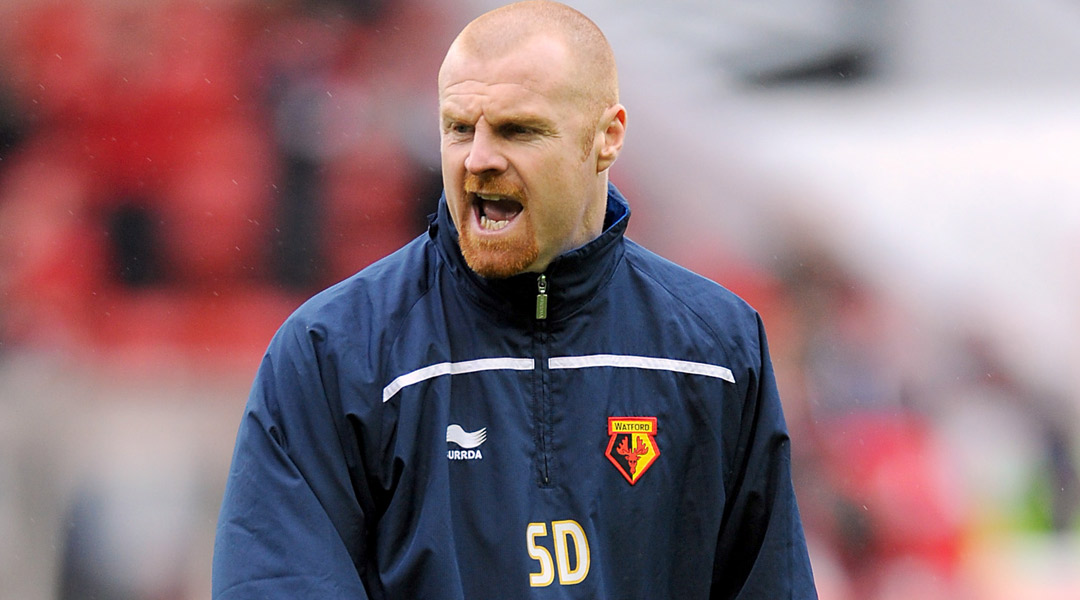
How different is the modern manager from the ones that you played under?
My education as a young manager has probably cost more than a Masters course. If someone had a Masters degree you wouldn’t question them, would you? With my off-field improvements; the Pro Licence, the LMA licence, all the licences leading up to the Pro Licence, with many different courses, seminars, lectures – you’re talking circa £35,000 spent. We are educated. The days of crossing the white line and the chairman giving you the keys saying ‘off you go and manage the team’, are well and truly gone. Wenger had no big background in playing, Mourinho had no big background in playing, Rodgers had no big background either. You look at those markers and say that’s no guarantee that if you played at the top level you’re going to be a top manager.
You talk about Masters’ degrees – is there now a crossover between football and business?
There are loads of crossovers with business. I have a friend who is a partner with KPMG, and I talk to them all the time about what they’re looking to do in terms of promoting teamwork, things like that. I’ve looked at other sports too – we’re all trying to be flexible, we’re all trying to look for the inches that make you better.
